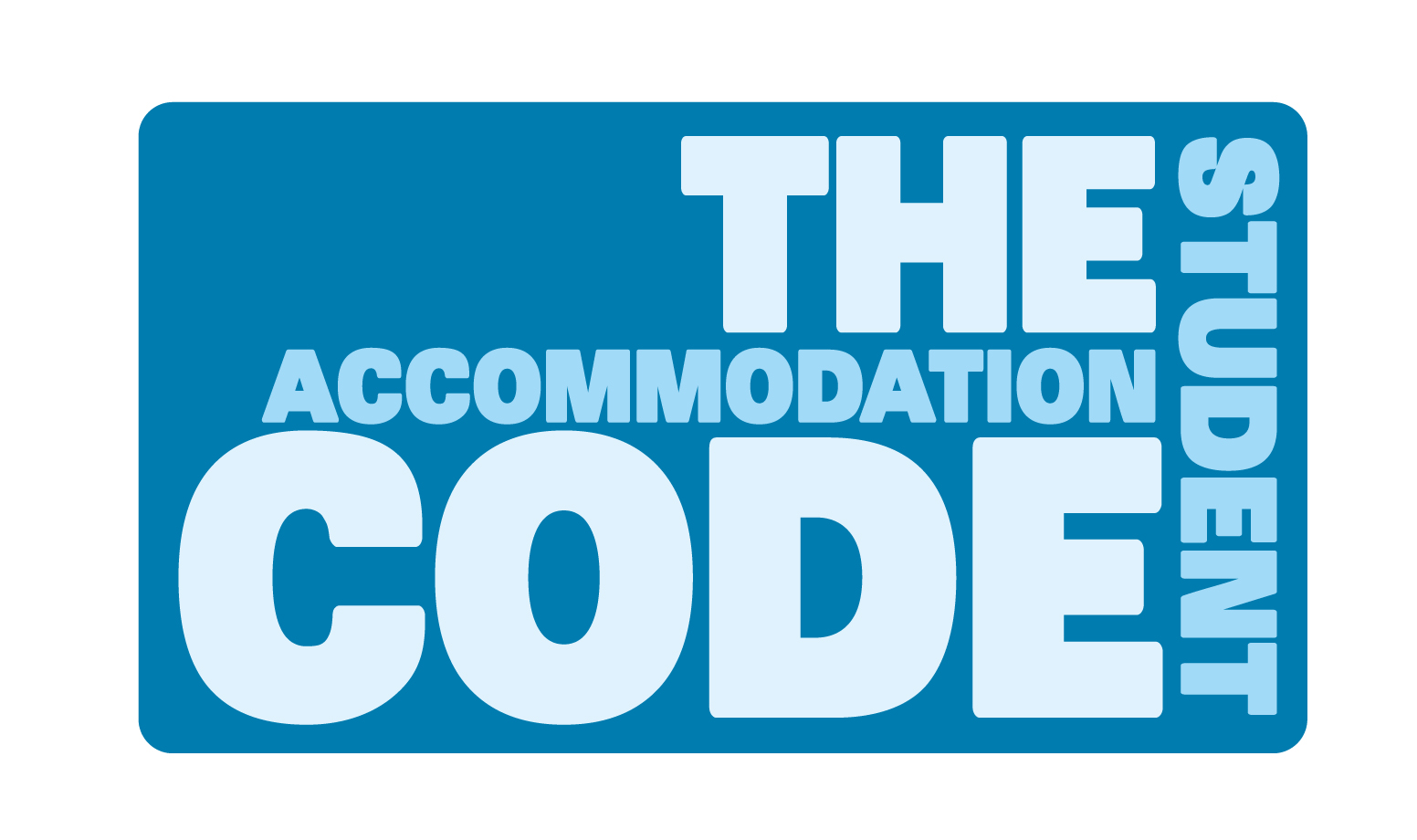Wellbeing
Protecting your money from fraud and scams

This blog was written by the Advice and Counselling Service at Queen Mary.
Most students recognise the terms ‘fraud’ and ‘scam’ and know what they mean:
Fraud: noun 1.wrongful or criminal deception intended to result in financial or personal gain: “he was convicted of fraud”
Scam: noun 1. a dishonest scheme; a fraud: “an insurance scam” / verb 1. swindle: “a guy that scams students out of their funding”
However, in some languages, for example, Mandarin Chinese, there is no literal translation for the word ‘scam’ and the nearest equivalent is said to be ‘bad business’. This may make it difficult to understand what a scam is, and potentially, even harder to spot when you’re being affected by one. You might also be surprised to find how many scams there are. These include:
- fake cryptocurrency investments
- email/text
- parcel interception
- housing
- computer
- phone
- prize
- retail
- crowdfunding
- romance
Our new webpage ‘Protecting your money from scams and risk’ has detailed explanations of the different scams which target students, including comprehensive information about where you can find help and advice.
If you’ve been drawn into a scam, there may be conditions attached. For example, where criminals posing as the Home Office or police contact you to say they’ve intercepted a suspicious parcel addressed to you, and you need to transfer money to verify your identity. You might be told you can’t leave your accommodation or speak to anyone about this ‘confidential’ issue. The scammers rely on your fear of doing wrong and your respect for authority, but, in reality, it’s their way of silencing you, leaving you isolated and preventing you from reaching out for help and advice.
Criminals know that many students are on a tight budget and may be tempted by the prospect of easy money. This may be why some students inadvertently become money mules; that is, they allow their bank accounts to be used for money transfers, so-called money laundering, without realising this is illegal with serious penalties for doing so.
Although you may have heard of the term ‘money mule’, perhaps you’re not aware of so-called ‘debt bondage’. This is where criminals groom you into working for them with bribes of high value goods, like expensive trainers, typically for selling drugs. You’re told you can repay the cost of the trainers whenever you want, at a time to suit you, once you start earning, but very soon, you realise the price has doubled, then very quickly spiralled to the point, you’ll never be able to repay the money you owe, and any attempts you make to stop the work are met with threats of violence against you and your family.
Another way that criminals target students is by cuckooing. If you’re a first-year student who is new to London, and alone here, with family in another UK city or abroad, or you’re from a low-income family who depend on you financially, or you have a health condition or disability, criminals might try and ‘cuckoo’ your accommodation i.e., take it over and use it to store drugs, weapons or money.
Whatever your circumstances, and even if you’re already involved in a scam or fraudulent activity, we can offer you confidential, practical advice. Contact a Welfare Adviser or book an appointment using our contact form. You can find all our money guidance on our website. If you need support with your emotional wellbeing, complete the counselling registration form.
Topics
- Read Next
-
 How to deal with loneliness living in halls
How to deal with loneliness living in halls
 Study tips from Residential Assistants
Study tips from Residential Assistants
 National Pet Day 2024: Showcase!
National Pet Day 2024: Showcase!
 Holi 2024 Photo Gallery
Holi 2024 Photo Gallery
 Holi: Immerse yourself in the Colours of Spring
Holi: Immerse yourself in the Colours of Spring
 What Kind of Flatmate Are You? Take the Quiz!
What Kind of Flatmate Are You? Take the Quiz!
 Aiman's student- friendly 15-minutes meals
Aiman's student- friendly 15-minutes meals
 The best Asian spots around London
The best Asian spots around London
 Share Your Feedback!
Share Your Feedback!
 RAMADAN: What is it?
RAMADAN: What is it?
- Popular
-
 The Residential Services Online Shop
The Residential Services Online Shop
 How do I get my Residents' Rewards Card?
How do I get my Residents' Rewards Card?
 Queen Mary Food pre-paid meal plans - ON SALE NOW!
Queen Mary Food pre-paid meal plans - ON SALE NOW!
 How to contact Security at Queen Mary
How to contact Security at Queen Mary
 The Queen Mary Zero Waste Shop
The Queen Mary Zero Waste Shop
 Aspire Point 101- Quick Guide to Aspire Point FAQs
Aspire Point 101- Quick Guide to Aspire Point FAQs
 How to Report Maintenance Issues in Queen Mary Halls
How to Report Maintenance Issues in Queen Mary Halls
 Introducing the Residential Welfare Team
Introducing the Residential Welfare Team
 Receiving post to halls?
Receiving post to halls?
 THE guide to doing laundry at Queen Mary
THE guide to doing laundry at Queen Mary


